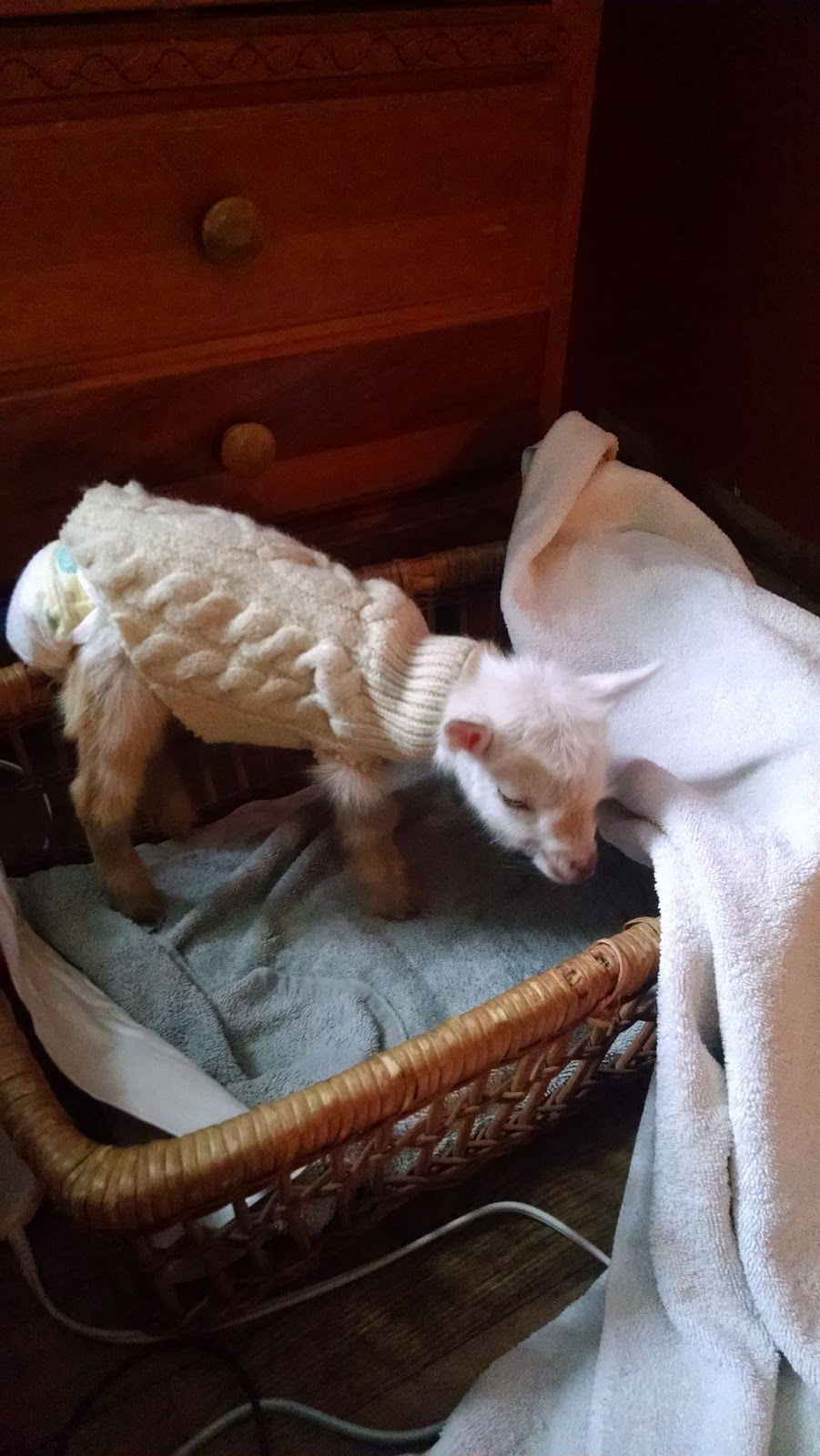Since then, I have been thinking a lot about the word sacrifice and the act of sacrifice. I have been asking people what they think the word means in a modern and a biblical sense and I have been reading over scriptures in both old and new testaments that talk about sacrifice.
It’s a word we see all the time and it is used to describe heroic acts or giving up something good for something better. There is usually some sense of bargaining or leverage inherent in the word. At its best it sounds noble, but at its worst it sounds manipulative. He sacrificed his life for his country. Your father and I have sacrificed a lot for you to be able to go to university.
The English word comes from Latin sacra meaning sacred, dedicated, holy + combining form of facere "to make, to do". So it could be translated as make holy or perform a sacred act. The Hebrew word for “sacrifice” is korban קרבן which means “coming closer”. Looking at the roots of this word and digging into the verses about sacrifice gave me a richer picture of this word. I don’t do this for purely academic reasons. I want to understand what God is trying to say to me. As I was doing this, I realized that pouring over scripture with the intent to draw near to God is a sacrifice of time worth giving.
During this process, I was reminded of a film I saw a couple years ago called Arrival. If you haven’t seen it, I highly recommend it. In the film, Dr. Louise Banks, a linguist played by Amy Adams, is hired by the government to decipher a message from aliens. Their written language is a nonlinear orthography - which means that there is no beginning or end in the structure of a written thought - which is why the phrases are written in a circle.
As the movie progresses, Dr. Banks and her team learn more and more words from the aliens and begin to communicate with them. There are 12 total alien ships that have landed around the world and the different country’s experts are working together to determine why they have come.
The same message comes through at several locations and different countries interpret in different ways. Because Dr. Banks believes that the intent of the creatures is benevolent and also because she is beginning to have a relationship with them through their regular encounters, she interprets the message as friendly and wants to continue to keep the communication lines open.
That same message was being interpreted as a threat by some of the other country’s experts, but Dr. Banks poured over all of the other messages with similar words and attempted to understand not just the message but the heart of the messenger. And, this is key, she isn’t able to fully understand the message until she has an encounter with the creature itself.
Most of us haven’t encountered aliens, but most of us have experienced this with email or text messages. When we get a message that seems rude or short, it is best to stop and take a deep breath before answering. What is my relationship with this person? Are they stressed or in the middle of something? Do they have a history of sending me similar messages? And also a little self-examination is in order. Am I hungry, angry, lonely or tired? This can also contribute to misinterpreting the message.
Often we can get to the root of why we feel so wronged or frustrated with the message and it usually boils down to some resentment or distrust in our relationship with the sender.
In Jeremiah 2:5, God asks His people, “What did your ancestors find wrong with me that led them to stray so far from me?” When we find ourselves far from God, we probably can trace it back to some break in trust, some misunderstanding of His intent.
Just like the linguist who poured over the alien’s messages to find the context of their words, we have to study scripture in light of God’s character. And also like her, we cannot totally understand without an encounter with God, the Holy Spirit.
So as I read and reread passages about sacrifice and looked at the Hebrew roots and talked to God and others about it, I kept in mind my relationship with God and His intent for communicating with me. Which brings me back to that quote from the book and why it struck me: “Love, after all, is the ingredient that separates a sacrifice from ordinary, everyday butchery.” - I do believe that love is the governing ingredient of the universe and that everything God does is motivated by love.
That sounds so cliche and so elementary but let me tell you I haven’t always thought this way. For many years, I believed that Jesus’ death, His sacrifice, on the cross was to take on the wrath of God so that I could be spared. This theory of atonement is widely accepted but is deeply problematic. This idea of sacrifice as some sort of appeasement can be damaging to the way we see God and the way we interact with one another - it can unconsciously give credence to punitive solutions such as vengeance and retribution.
It is the Covenant heritage in the pietist movement that I have to thank for helping me to see differently. The understanding of atonement in that tradition is as a display of God’s love and restorative nature. God so loved the world that He sent His Son. It is important to know what we believe about the nature and intent of God as we study His Word. This way of approaching scripture is a core belief of our denomination with the question, “where is it written?” as our cornerstone. We as a church body are encouraged not only to find the scriptural basis for our questions, but also to work together as a community of believers to come to a fuller understanding of what we are reading.
When I read the Old Testament I often want to ignore or skim over the parts I don’t understand or don’t seem to resonate with the God I know. All of the wars and the earth opening up and well, basically anytime God seems angry makes me feel uncomfortable. But pouring over these scriptures in the context of relationship and intent and asking God the Holy Spirit to come alongside me as I read, the scriptures come alive to me. I wrestle with God until I receive a blessing and sometimes walk away limping.
One of the reasons I often misread God’s intent in the Old Testament is because I misunderstood the Law. I always saw it as some ideal that we couldn’t measure up to no matter how hard we tried to remind us how separate we are from God. But as I have shifted the way I think about God and His intentions towards me, I have begun to see the Law as a way that God was entering into every part of His people’s lives. From the clothes they wore to the way they prepared their food, God wanted to be present to His people. His instructions about how to care for the poor, the widow, the foreigner and the 7 year cycles of economic restoration show God’s heart for justice. And in the sacrifices and offerings, God gives them a way to come near to Him and also to be a people.
It struck me as I read that the Levites were provided for by the sacrifices, tithes and offerings of the people. A whole group of people were dependent on the others drawing near to God in these prescribed ways.
So imagine you feel the need to bring a sin offering. A lamb is hard to hide. Can you imagine? You are walking your sin offering to the tabernacle and there are people seeing you on your way: “Didn’t she just go last week with a goat?” You wave sheepishly - ha! Pun intended. This model of community where people are dependent on each other’s honesty, confession and celebration is a model for the modern church.
My friend told me this story of being a student in Paris many years ago. This was way before cell phones and even (if you can imagine it!) before the internet. She was alone and it was winter and she had a bit of a cold. As she was blowing her nose, she noticed that her snot was black! She was a little nervous about it and didn’t know exactly what to do. She arrived at class and there were other students there too. The professor was running a little late and one of her classmates started up a conversation. “I’ve been blowing my nose a lot lately.” Several people’s ears’ perked up. “There’s this black stuff coming out of my head - I’m a little worried.” The classroom exploded in discussion and relief with several other students saying, “me too!” “I thought it was just me” “I thought I was dying!” Come to find out, there were a lot of chimneys in the area and the soot they were breathing in was coloring their mucous.
When people are open and vulnerable about their struggles it is nourishing for others. We are able to breathe a sigh of relief that we aren’t the only one who fails or feels inadequate and that gives us courage and confidence to keep moving toward God and others.
My friend told me this story of being a student in Paris many years ago. This was way before cell phones and even (if you can imagine it!) before the internet. She was alone and it was winter and she had a bit of a cold. As she was blowing her nose, she noticed that her snot was black! She was a little nervous about it and didn’t know exactly what to do. She arrived at class and there were other students there too. The professor was running a little late and one of her classmates started up a conversation. “I’ve been blowing my nose a lot lately.” Several people’s ears’ perked up. “There’s this black stuff coming out of my head - I’m a little worried.” The classroom exploded in discussion and relief with several other students saying, “me too!” “I thought it was just me” “I thought I was dying!” Come to find out, there were a lot of chimneys in the area and the soot they were breathing in was coloring their mucous.
When people are open and vulnerable about their struggles it is nourishing for others. We are able to breathe a sigh of relief that we aren’t the only one who fails or feels inadequate and that gives us courage and confidence to keep moving toward God and others.
Another thing that struck me was the laying hands on the head of the sacrifice. I don’t hunt or raise animals for food, so my experience with the process is very limited.I have some friends who own a small farm and they raise goats there.


 Here are some pictures of Cirrus when he was a baby. I have visited them, and I got to hold some baby goats and it was really great. When someone brought an animal to the priest to be offered to God, they were supposed to bring their best one. For sin offerings, they were to put their hands on the animal’s head, and make a confession before the animal was killed.
Here are some pictures of Cirrus when he was a baby. I have visited them, and I got to hold some baby goats and it was really great. When someone brought an animal to the priest to be offered to God, they were supposed to bring their best one. For sin offerings, they were to put their hands on the animal’s head, and make a confession before the animal was killed.
I tried to imagine doing that to little Cirrus here. Can you imagine? Maybe some of you do hunt or prepare animals for food, so it might be easier for you to be detached, but seriously, look at this cutie! Now imagine that you raised him from birth and he is the strongest, best looking animal that you have. You have walked with him to the altar and there he is bound by the priest and you put your hand on his head and speak your confession. The priest then slits his throat so that he dies quickly and so that the blood pours out on the altar. Then the priest would prepare the fat and organs to be consumed by the fire and prepare the meat to be eaten by himself and his family.
It is no accident that John the Baptist calls Jesus the Lamb of God. This would have been a vivid picture for the Jewish hearers. What about us today? What do we think of when we hear these words?
Jesus is the perfect sacrifice. God’s word says in Hebrews 10, “For by one sacrifice he has made perfect forever those who are being made holy. The Holy Spirit also testifies to us about this. First he says: “This is the covenant I will make with them after that time, says the Lord.
I will put my laws in their hearts, and I will write them on their minds.”Then he adds: “Their sins and lawless acts I will remember no more.” And where these have been forgiven, sacrifice for sin is no longer necessary.”
I tried to imagine doing that to little Cirrus here. Can you imagine? Maybe some of you do hunt or prepare animals for food, so it might be easier for you to be detached, but seriously, look at this cutie! Now imagine that you raised him from birth and he is the strongest, best looking animal that you have. You have walked with him to the altar and there he is bound by the priest and you put your hand on his head and speak your confession. The priest then slits his throat so that he dies quickly and so that the blood pours out on the altar. Then the priest would prepare the fat and organs to be consumed by the fire and prepare the meat to be eaten by himself and his family.
It is no accident that John the Baptist calls Jesus the Lamb of God. This would have been a vivid picture for the Jewish hearers. What about us today? What do we think of when we hear these words?
Jesus is the perfect sacrifice. God’s word says in Hebrews 10, “For by one sacrifice he has made perfect forever those who are being made holy. The Holy Spirit also testifies to us about this. First he says: “This is the covenant I will make with them after that time, says the Lord.
I will put my laws in their hearts, and I will write them on their minds.”Then he adds: “Their sins and lawless acts I will remember no more.” And where these have been forgiven, sacrifice for sin is no longer necessary.”
I invite you this morning to think of Jesus, the Lamb of God, who takes away the sins of the world.
He is nailed to a cross.
Imagine putting your hand on His head and speaking your confession. Speak it out loud. Name the things that are keeping you far from God.
He is lifted up.
Look at Him on the cross. He is there to show His love. His provision.
This is His body, broken for you. Take and eat.
This is His blood, shed for you. Take and drink.
Let us pray.
He is nailed to a cross.
Imagine putting your hand on His head and speaking your confession. Speak it out loud. Name the things that are keeping you far from God.
He is lifted up.
Look at Him on the cross. He is there to show His love. His provision.
This is His body, broken for you. Take and eat.
This is His blood, shed for you. Take and drink.
Let us pray.
